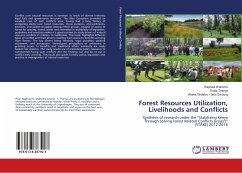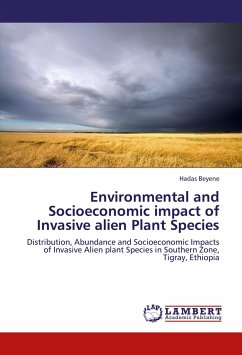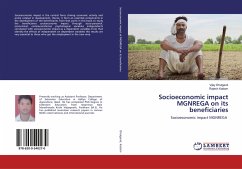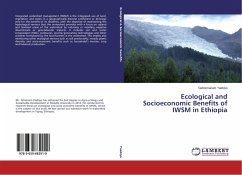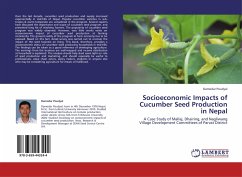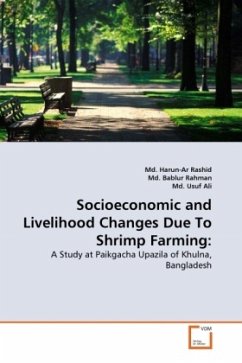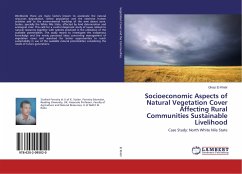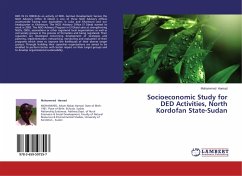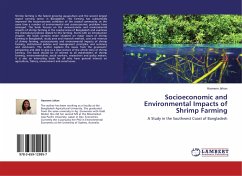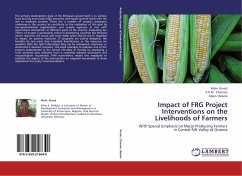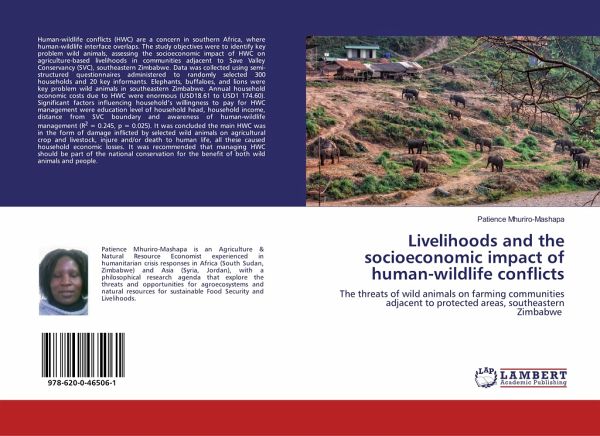
Livelihoods and the socioeconomic impact of human-wildlife conflicts
The threats of wild animals on farming communities adjacent to protected areas, southeastern Zimbabwe
Versandkostenfrei!
Versandfertig in 1-2 Wochen
29,99 €
inkl. MwSt.

PAYBACK Punkte
15 °P sammeln!
Human-wildlife conflicts (HWC) are a concern in southern Africa, where human-wildlife interface overlaps. The study objectives were to identify key problem wild animals, assessing the socioeconomic impact of HWC on agriculture-based livelihoods in communities adjacent to Save Valley Conservancy (SVC), southeastern Zimbabwe. Data was collected using semi-structured questionnaires administered to randomly selected 300 households and 20 key informants. Elephants, buffaloes, and lions were key problem wild animals in southeastern Zimbabwe. Annual household economic costs due to HWC were enormous (...
Human-wildlife conflicts (HWC) are a concern in southern Africa, where human-wildlife interface overlaps. The study objectives were to identify key problem wild animals, assessing the socioeconomic impact of HWC on agriculture-based livelihoods in communities adjacent to Save Valley Conservancy (SVC), southeastern Zimbabwe. Data was collected using semi-structured questionnaires administered to randomly selected 300 households and 20 key informants. Elephants, buffaloes, and lions were key problem wild animals in southeastern Zimbabwe. Annual household economic costs due to HWC were enormous (USD18.61 to USD1 174.60). Significant factors influencing household's willingness to pay for HWC management were education level of household head, household income, distance from SVC boundary and awareness of human-wildlife management (R2 = 0.245, p = 0.025). It was concluded the main HWC was in the form of damage inflicted by selected wild animals on agricultural crop and livestock, injure and/or death to human life, all these caused household economic losses. It was recommended that managing HWC should be part of the national conservation for the benefit of both wild animals and people.



